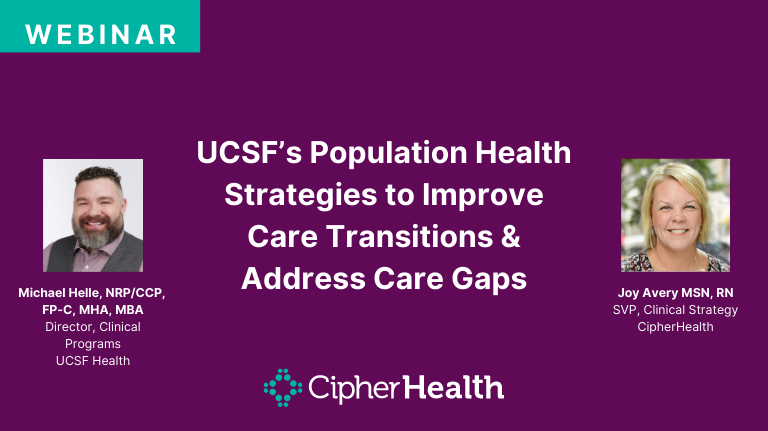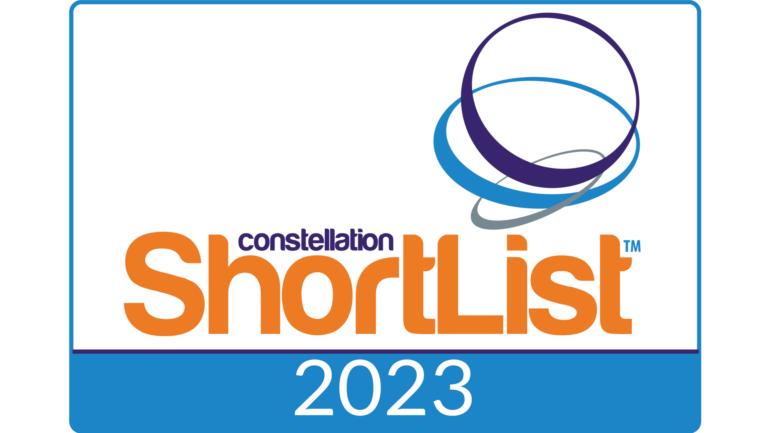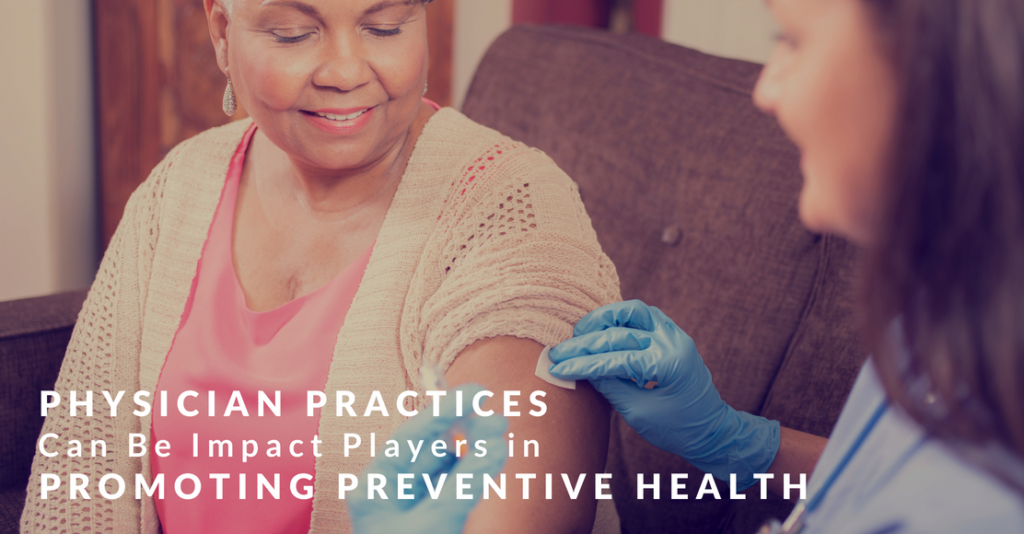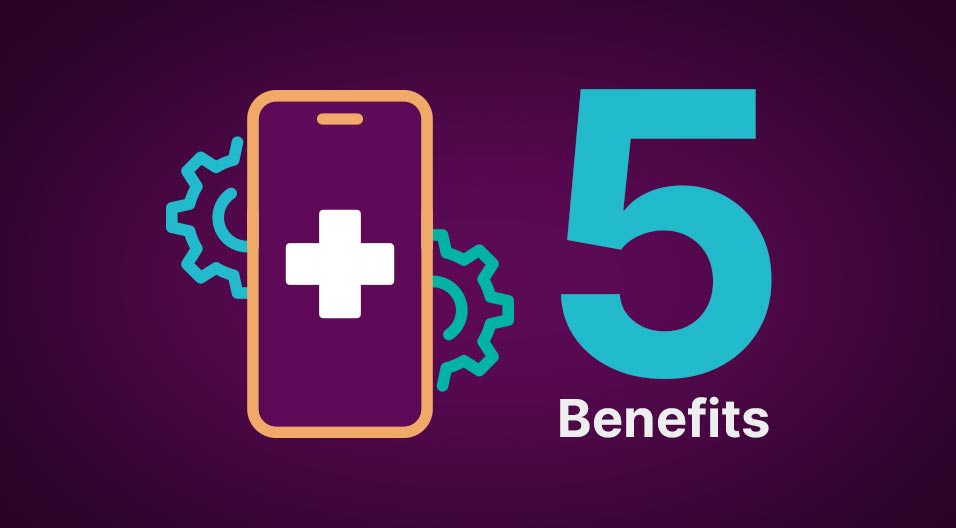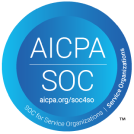According to a recent Health Affairs study, only eight percent of adults over the age of 35 in the U.S. are receiving all recommended high-priority preventive health services. This finding highlights how much room there is for improvement when it comes to vaccinating against and screening for preventable diseases. It also presents physician practices an opportunity to encourage patients to become more engaged with their health through prevention.
In order to help patients take a more proactive approach to their health, it’s important that providers across the continuum make prevention strategies a core component of their care delivery. Physicians at the practice level are in a unique position to take a leading role in this effort.
Preventive Health is a Win-Win for Patients and Practices
In recent years, the shift toward value-based care has underscored the importance of preventive health. By moving away from fee-for-service models, value-based care has the potential to significantly reduce healthcare costs and produce better outcomes. The amount that Americans spend annually on the treatment of people with preventable chronic diseases is staggering, and preventive health is a cost-effective strategy to improve outcomes in at-risk patients and lower healthcare costs for everyone in the system.
While practices may need to dedicate additional resources to effectively implement and administer preventive health programs, the long-term benefits outweigh the costs.
Firstly, providers that spend more time delivering preventive care are likely to spend less time on chronic disease management. This translates into quality and patient engagement improvements, which not only have the potential to unlock financial incentives, but boost patient satisfaction measures. Second, preventive health visits can drive patient volume. Prevention programs can help providers generate new revenue while simultaneously facilitate the transition to value-based care.
Once Your Patient is in the Exam Room, Seize the Moment
Physician practices, especially primary care providers, are on the front lines of healthcare. These providers are oftentimes the first touchpoint on the patient journey, whether it’s for treatment of specific ailments, wellness visits, or chronic care management. Physicians can use these opportunities to verify that patients are up-to-date with their immunizations and other preventive health services, regardless of the reason they made the appointment in the first place. This is also good practice because there may be prolonged gaps in care for select patients after their last scheduled appointment.
Physicians already performing preventive services for patients can also play a role in promoting additional preventive measures. Radiology recently published a study that found that female Medicare recipients who undergo mammography are much more likely to utilize other types of preventive health services, such as cervical cancer screening, osteoporosis testing, and influenza vaccination.
The findings also suggest that once patients are in the door for breast cancer screening, physicians have an opportunity to educate them about other preventive measures. Applying this same logic, specialists such as urologists and gastroenterologists, who regularly screen for diseases like prostate and colorectal cancer, respectively, can help increase awareness of other types of preventive services.
Technology Helps Practices Work Smarter, Not Harder
Providers can leverage technology as well to augment preventive health efforts in their practices. Electronic health records or EHRs offer a range of capabilities that facilitate action on behalf of both the provider and patient. Available technologies include vaccination alerts for staff during point-of-care, to real-time analytics to measure prevention program performance, and educational resources to reminders within the patient portal.
Automated preventive outreach can also be a powerful tool in the practice setting. Preventive outreach programs enable providers to harness multiple methods of communication to reach target patient populations. By automating educational messaging and appointment reminders, practices can better engage patients, optimize staff workflows, and capture valuable patient data that helps to inform and enhance future population health initiatives.
Looking Ahead
Given how much improvement is needed, a system-level, multidisciplinary effort will be required to ensure that patients are receiving the full extent of recommended preventive health services. While no single provider can address the issue alone, practices can make incremental progress in improving population health by considering cost-effective strategies to promote preventive healthcare.
To learn more about how proactive outreach can support your practice’s preventive and population health initiatives, we invite you to check out these resources:
